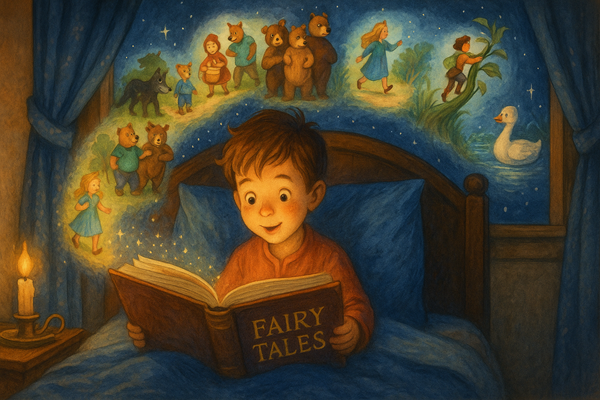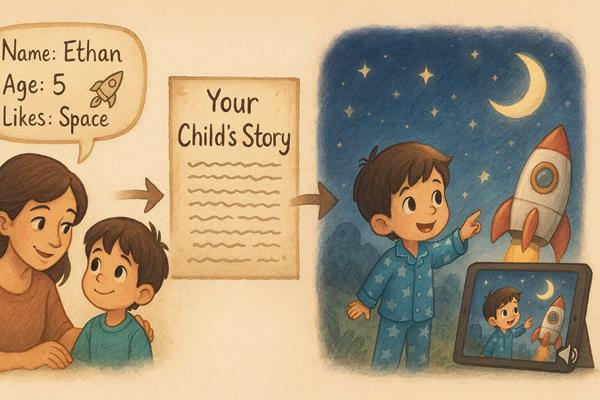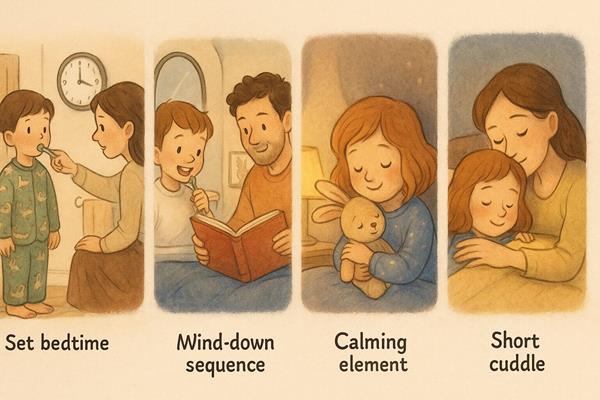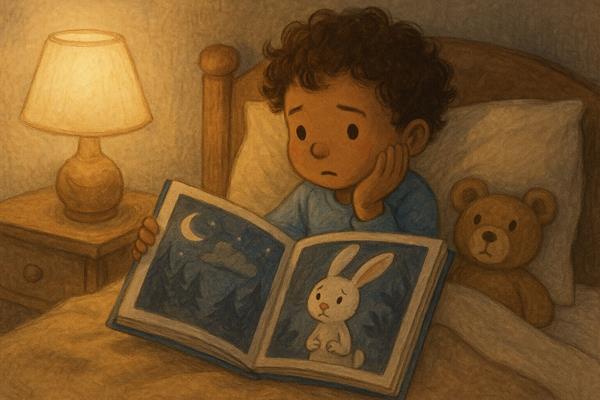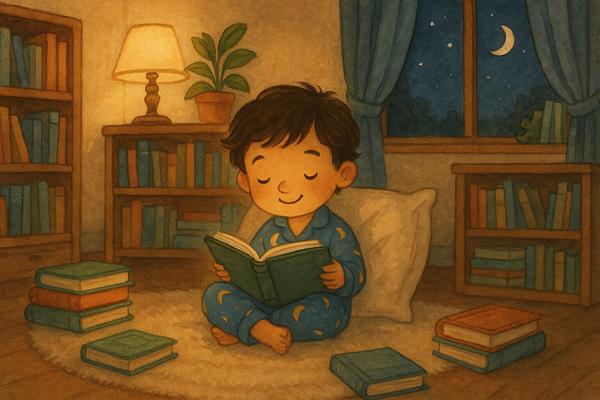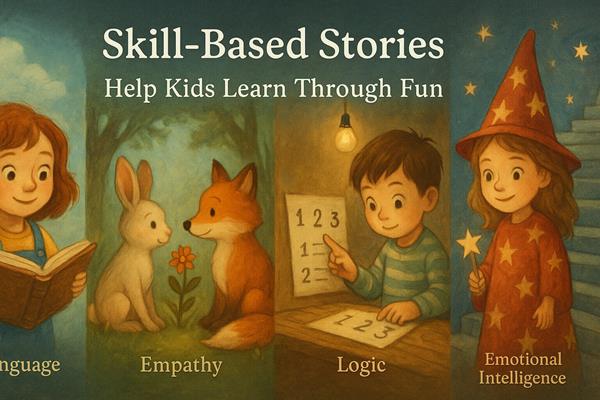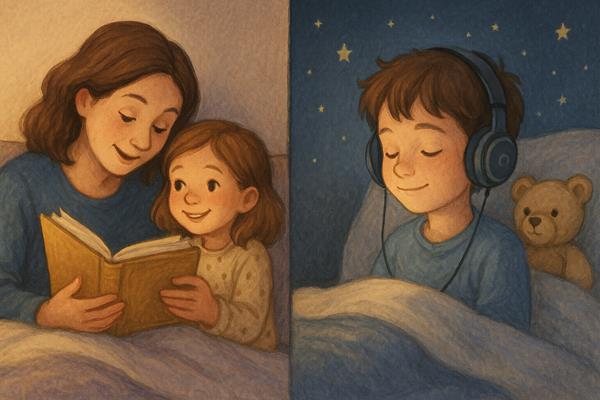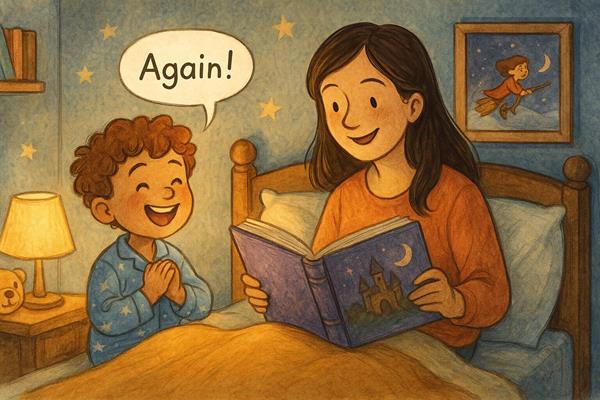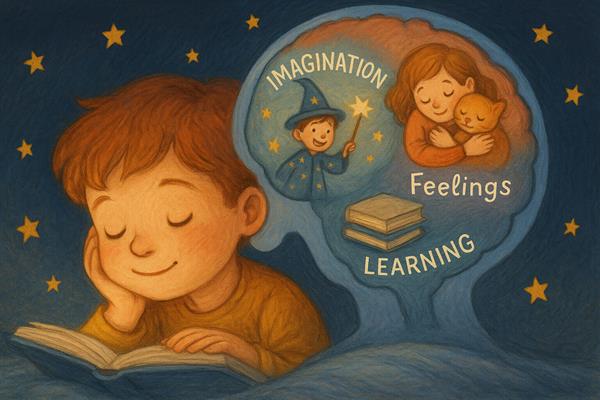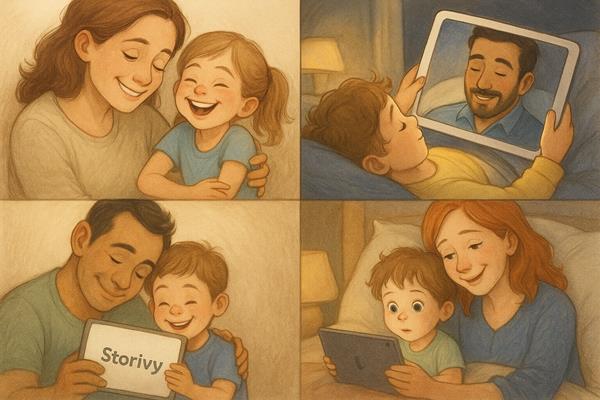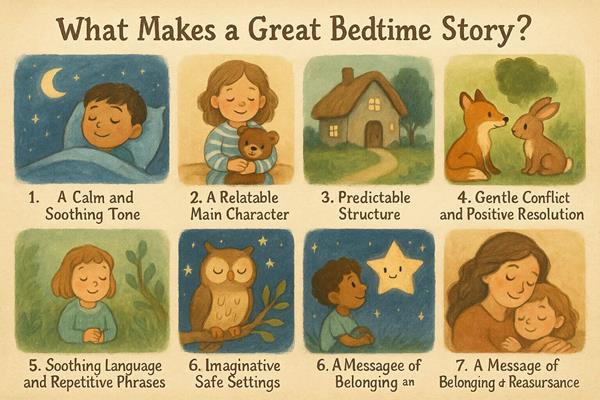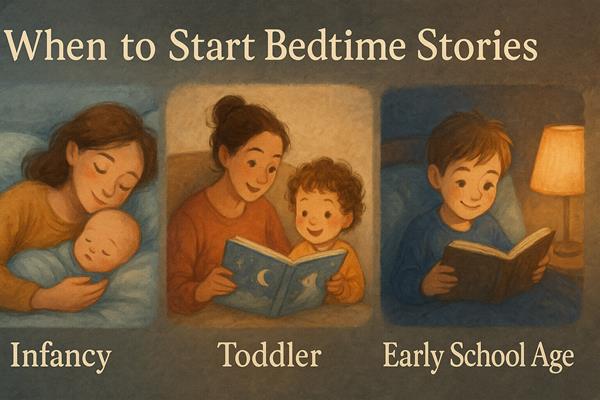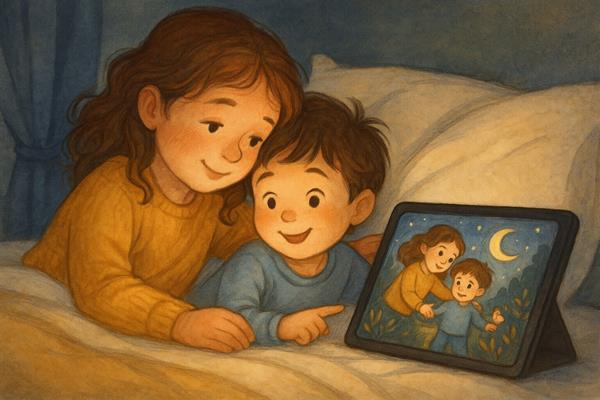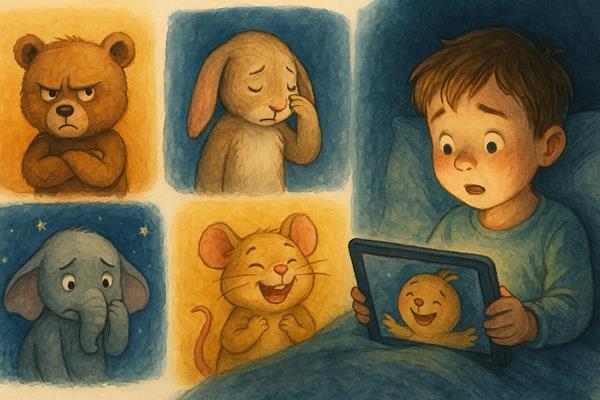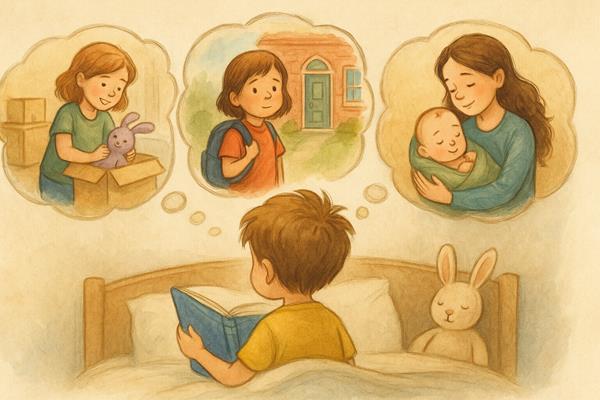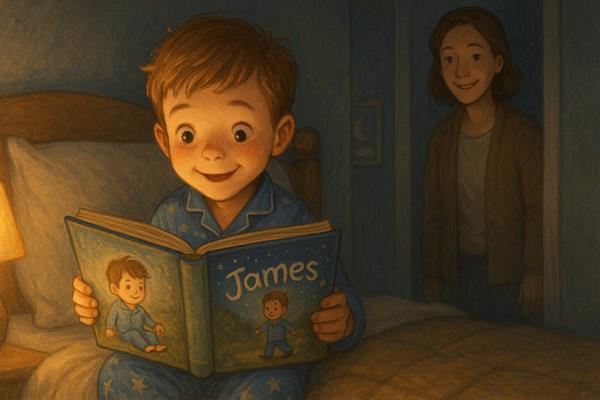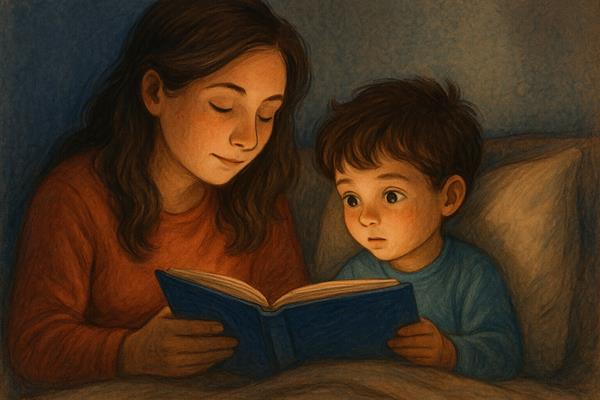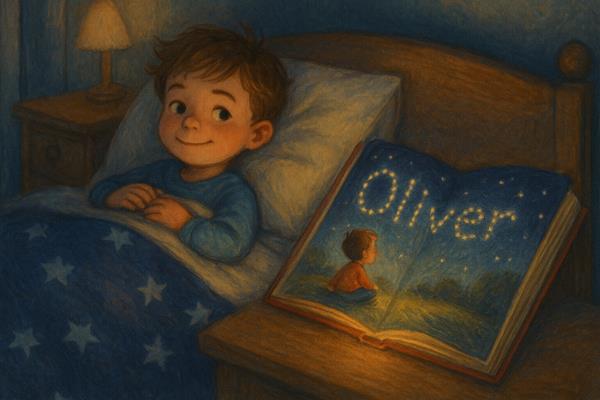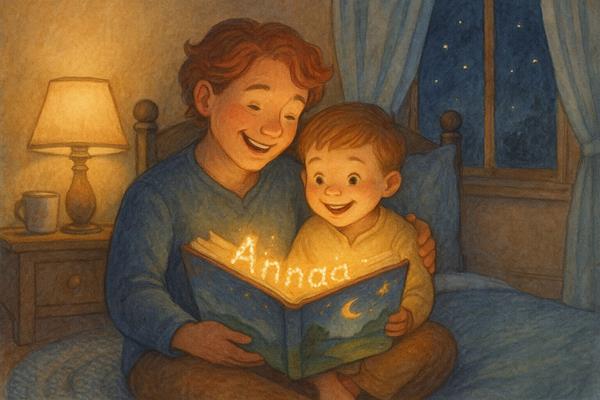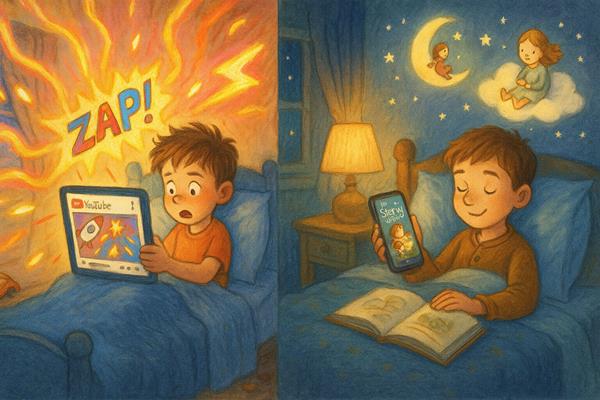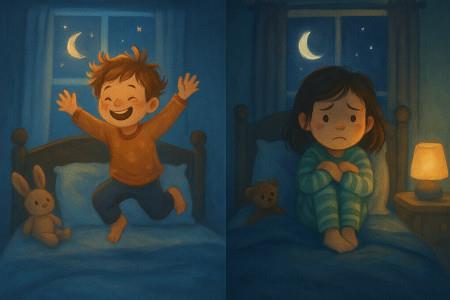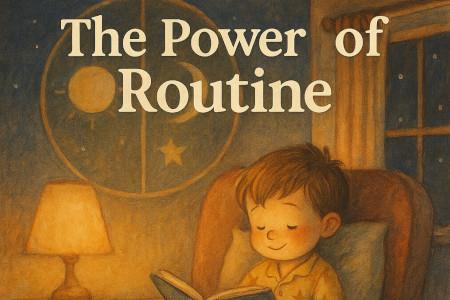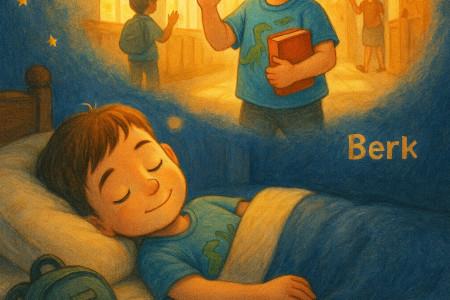Sleep Mistakes Parents Often Make (and How to Fix Them)
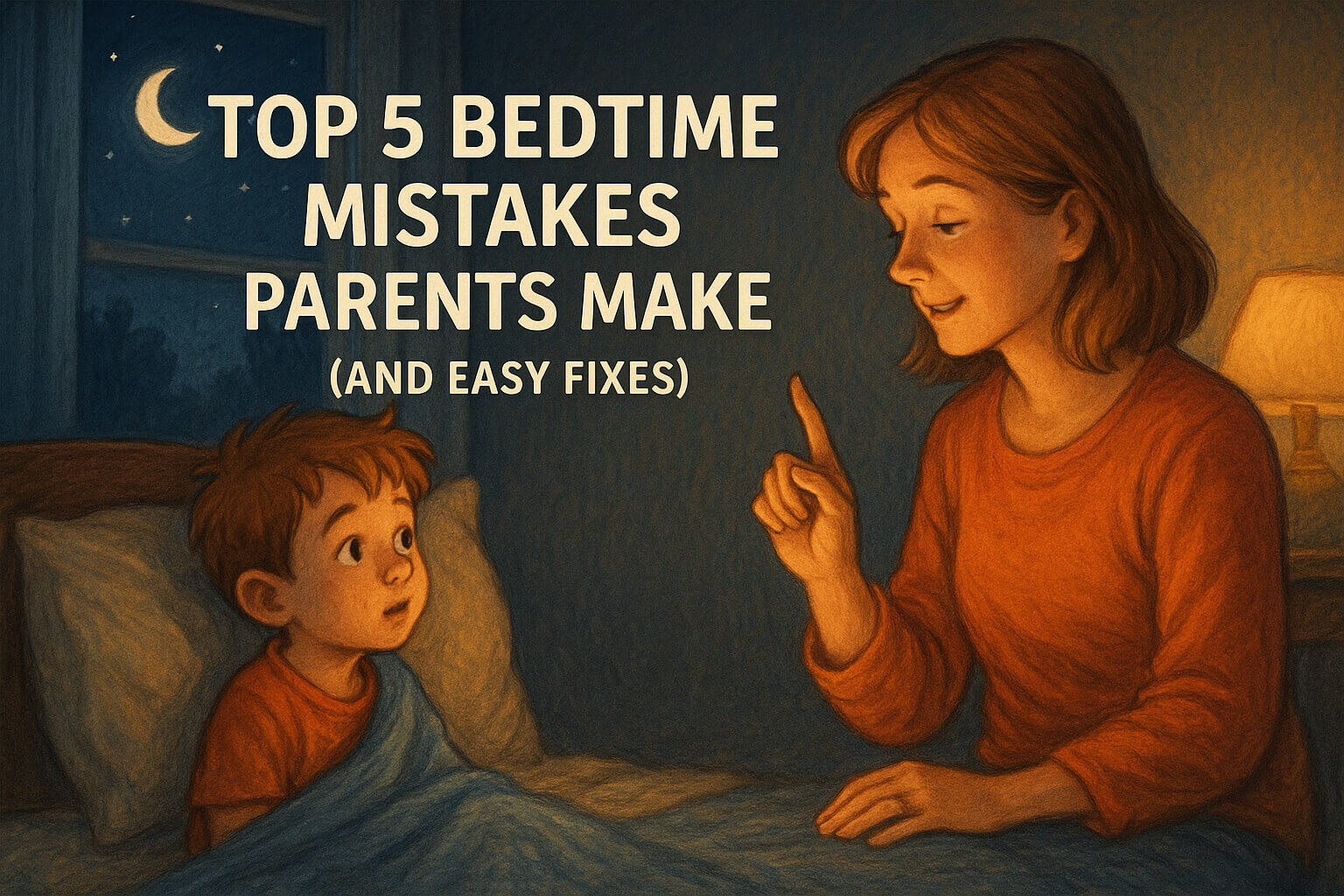
Introduction
Even with the best intentions, many parents unknowingly make bedtime harder than it needs to be. From overstimulation to inconsistent routines, small missteps can turn into big sleep struggles. The good news? Most of them are easy to fix.
1. Too Much Screen Time Before Bed
Screens delay melatonin production, making it harder for children to fall asleep.
Fix it: Replace TV or tablet time with a calm, screen-free activity like reading a story or drawing quietly.
2. Unpredictable Bedtime Hours
When bedtime shifts nightly, children’s bodies don’t know when to wind down.
Fix it: Aim for consistency—even on weekends. Set a nightly routine that starts 30 minutes before bed.
3. Using Bedtime as a Punishment
Sending a child to bed as a consequence creates negative associations.
Fix it: Keep bedtime positive and cozy. Let them feel that sleep is a reward, not a punishment.
4. Skipping Wind-Down Time
Jumping straight from play to sleep doesn’t give the brain time to relax.
Fix it: Introduce calming rituals—bath time, lullabies, or storytelling—to slow the pace gradually.
5. Overstimulating Bedtime Stories
Too much excitement before bed can have the opposite effect.
Fix it: Choose slow-paced, soothing stories with gentle narratives. Avoid action-packed or highly emotional plots right before sleep.
Conclusion: Better Nights Start with Small Changes
A few thoughtful adjustments can transform chaotic bedtimes into peaceful, bonding moments. By building predictable routines and using calming tools like Storivy’s bedtime stories, sleep becomes easier—for everyone in the house.
- Date: 20 May 2025
- Share:



